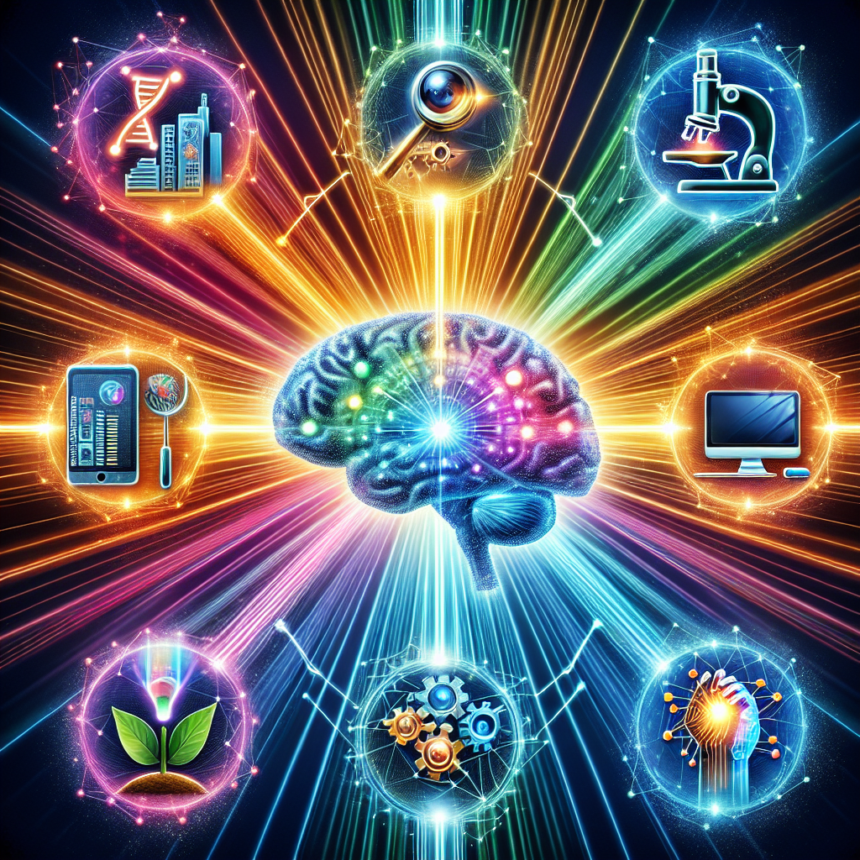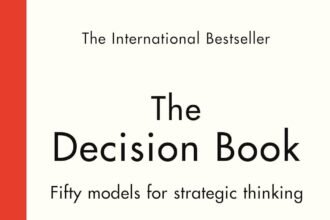Artificial Intelligence (AI) is no longer a futuristic concept confined to the realms of science fiction. Over the past decade, AI has surged into the mainstream, reshaping industries and altering the very fabric of how businesses, governments, and individuals operate. From manufacturing to healthcare, finance to entertainment, AI has emerged as a transformative tool, redefining processes and improving efficiencies. Here, we explore how AI is being harnessed across various sectors and its potential to change the landscape of industries.
The Power of Automation
One of the most profound impacts of AI is its capacity for automation. In manufacturing, AI-driven robotics and machine learning algorithms have streamlined production processes, reducing costs and time while increasing output. Smart factories equipped with AI technologies can predict when machines require maintenance, thus minimizing downtime and enhancing productivity.
In the service sector, chatbots powered by AI handle customer inquiries around the clock, providing instant support while freeing human agents to tackle complex issues. This shift not only improves customer satisfaction but also optimizes operational efficiency.
AI in Healthcare: A New Era of Diagnosis and Treatment
The healthcare industry is witnessing one of the most revolutionary transformations due to AI, where predictive analytics and machine learning are assisting in diagnostics and patient care. AI algorithms analyze massive datasets from medical records, imaging scans, and genomic information to identify patterns that may elude even the most trained professionals.
For instance, AI applications in radiology can detect anomalies in images with high accuracy, often surpassing human experts. This leads to earlier diagnoses and personalized treatment plans, ultimately improving patient outcomes. AI’s ability to assist in drug discovery is another transformative aspect, significantly reducing the time and cost involved in bringing new medications to market.
Financial Services: Risk Management and Customer Insights
The financial sector has been quick to embrace AI. Algorithms for credit scoring and fraud detection have improved risk assessment processes, enabling institutions to minimize losses while safeguarding customer data. AI-powered risk management tools can analyze market trends and predict economic shifts, allowing financial institutions to make more informed investment decisions.
Additionally, robo-advisors utilize AI to tailor investment strategies based on an individual’s financial goals and risk tolerance, democratizing access to wealth management services that were previously reserved for the affluent.
Retail Revolution: Personalized Experiences and Inventory Management
Retail businesses leverage AI to create personalized shopping experiences that cater to individual preferences. Through data analysis, AI systems can recommend products while predicting consumer behavior, ultimately driving sales and enhancing customer loyalty. Amazon’s recommendation engine is a prime example of this capability, significantly contributing to the platform’s success.
Moreover, AI enhances inventory management, allowing retailers to predict stock levels, reduce waste, and ensure that products are available when customers need them. This predictive capability enables efficient supply chain management, leading to reduced operational costs and improved customer satisfaction.
Enhancing Education with AI
In the education sector, AI is revitalizing teaching and learning methodologies. Adaptive learning platforms utilize AI to tailor learning experiences based on individual performance, allowing for customized lesson plans that meet the unique needs of each student. Educators can leverage AI-driven analytics to identify at-risk students and intervene promptly, improving academic success rates.
AI also supports administrative tasks, relieving faculty from time-consuming work such as grading and scheduling, thereby allowing educators to focus on mentoring and engaging with students.
Future Prospects: Ethical Considerations and Integration
While the benefits of AI are abundant, challenges remain. Ethical considerations surrounding data privacy, algorithmic bias, and job displacement must be addressed as industries integrate AI technologies. It’s crucial for organizations to establish guidelines and regulations to ensure that the deployment of AI tools serves humanity positively.
Conclusion
As organizations continue to harness the capabilities of AI, the potential to transform industries is boundless. From enhancing operational efficiency to improving customer experiences, AI is setting a new standard for what is possible. Embracing this technology with a strategic perspective will be critical for entities willing to remain competitive and relevant in the ever-evolving market landscape.
FAQs
1. What industries are most affected by AI?
AI is transforming multiple industries, including healthcare, finance, retail, manufacturing, and education. Each sector uses AI to enhance processes, improve efficiency, and deliver better customer experiences.
2. How does AI improve customer service?
AI enhances customer service through the use of chatbots and virtual assistants that provide instant support, 24/7 availability, and personalized interactions based on customer data.
3. What are the ethical concerns related to AI?
Ethical concerns include data privacy, algorithmic bias, job displacement, and accountability for AI decisions. Addressing these issues is crucial as AI continues to evolve.
4. Can AI replace human jobs?
While AI can automate certain tasks, it is more likely to augment human roles than completely replace them. Jobs requiring complex problem-solving, creativity, and interpersonal skills will continue to require human involvement.
5. How can businesses prepare for AI integration?
Businesses should start by investing in training and development, reassessing their processes for automation opportunities, and establishing ethical guidelines for AI use within their operations.










